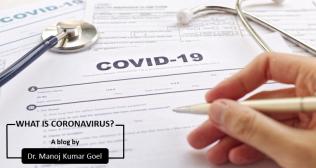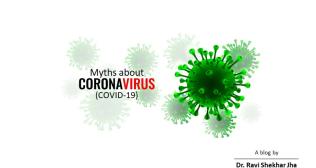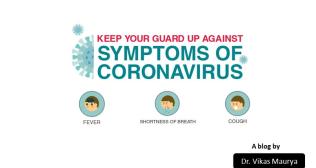
Treat Your Allergies
You may be at an increased risk of developing an allergy if you have asthma, have a family history of asthma or allergies. Consequently, having an allergy increases your risk of certain other medical problems, including anaphylaxis, asthma, eczema, sinusitis and fungal complications of lungs.
Causes- Common allergy triggers include
• Airborne allergens, such as pollen, animal dander, dust mites and mold
• Certain foods, particularly peanuts, tree nuts, wheat, soy, fish, shellfish, eggs and milk
• Insect stings, such as bee stings or wasp stings
• Medications, particularly penicillin or penicillin-based antibiotics
• Latex or other substances you touch, which can cause allergic skin reactions
Symptoms Allergic reactions can range from mild to severe from person to person. Symptoms depend on your particular allergy, and can involve airways, sinuses and nasal passages, skin, and digestive system. In some severe cases, allergies can trigger a life-threatening reaction in your body known as anaphylaxis.
Hay fever, also called allergic rhinitis, may cause: • Congestion • Itchy, runny nose • Watery or swollen eyes (conjunctivitis)
An eczema, may cause: • Itchy skin • Red skin • Flaking or peeling skin
A food allergy may cause: • Tingling mouth • Swelling of the lips, tongue, face or throat • Hives • Anaphylaxis
An insect sting allergy may cause: • A large area of swelling (edema) • Itching or hives all over your body • Cough, wheezing or shortness of breath • Anaphylaxis
A drug allergy may cause: • Hives • Itchy skin • Rash • Facial swelling • Wheezing • Anaphylaxis
When to see a doctor You may want to see a doctor if you have symptoms you think may be caused by an allergy. If you have symptoms after starting a new medication, call the doctor who prescribed it.
Tests and diagnosis To evaluate an allergy, your doctor may ask about symptoms, perform a physical exam and have you keep a detailed diary of symptoms and possible triggers. He may also recommend one or both of the following tests:
I. Skin test. In this test, your skin is pricked and exposed to small amounts of the proteins found in your potential allergen. If you're allergic, you'll likely develop a raised bump (hive) at the test location on your skin.
II. Blood test. A blood test called the Radio Allergo Sorbent Test (RAST) can measure your immune system's response to a specific allergen by measuring the amount of allergy-causing antibodies in your bloodstream.
Prevention Preventing allergic reactions depends on the type of allergy you have. General measures include keeping a track of your allergic triggers and symptoms, your daily habits, when do they occur, etc. This may help identify triggers and the best steps to prevent and treat them.



















